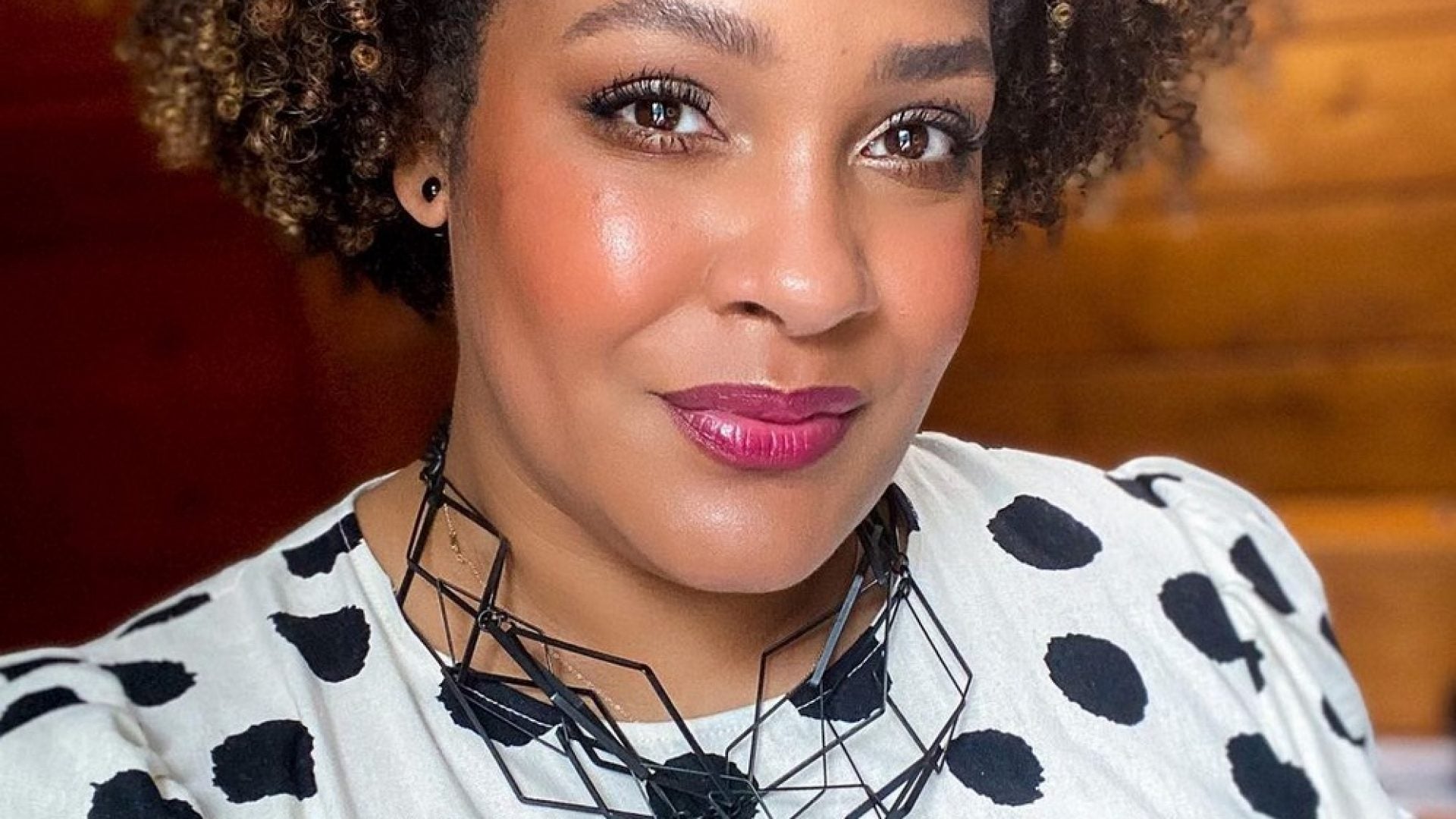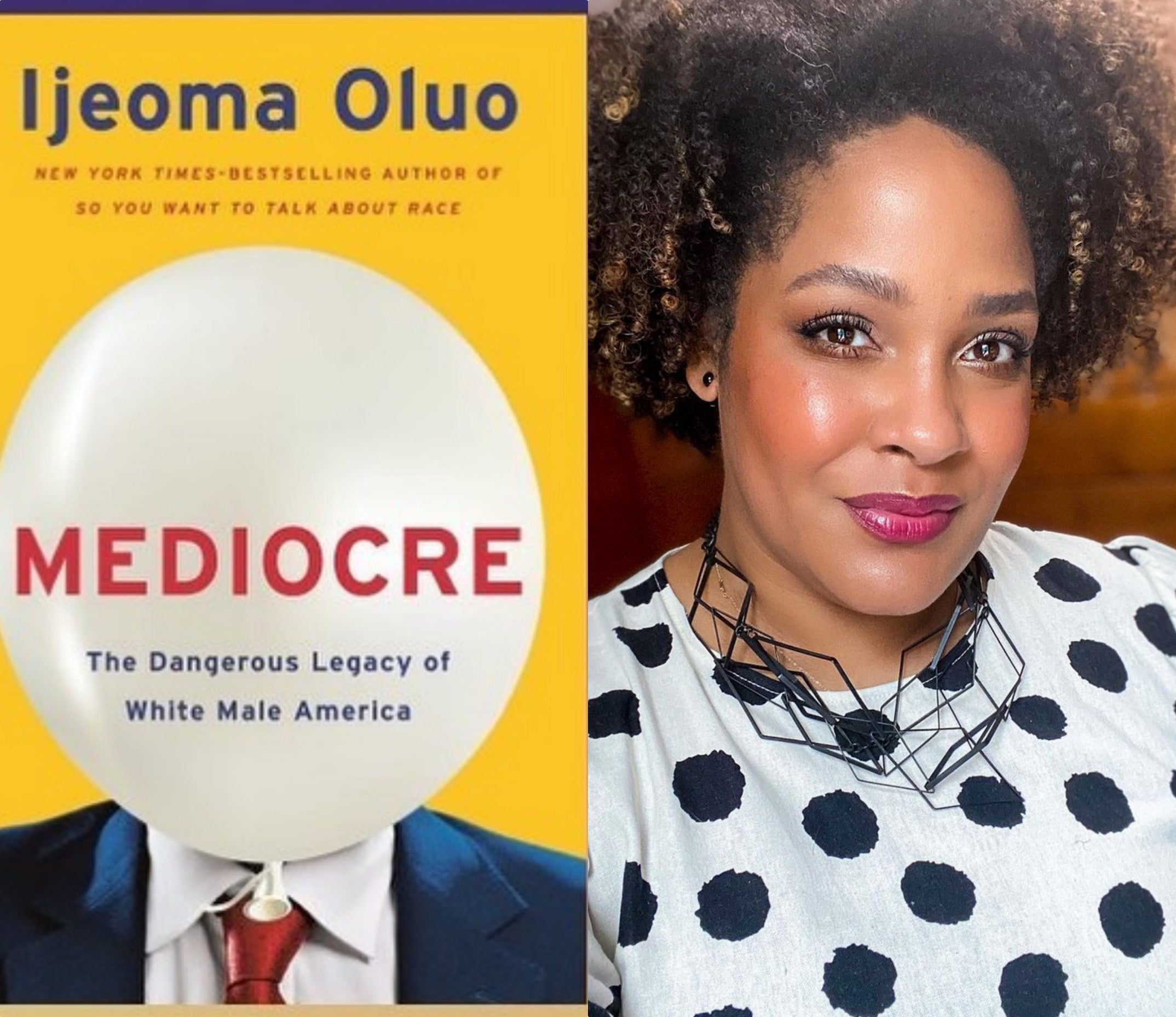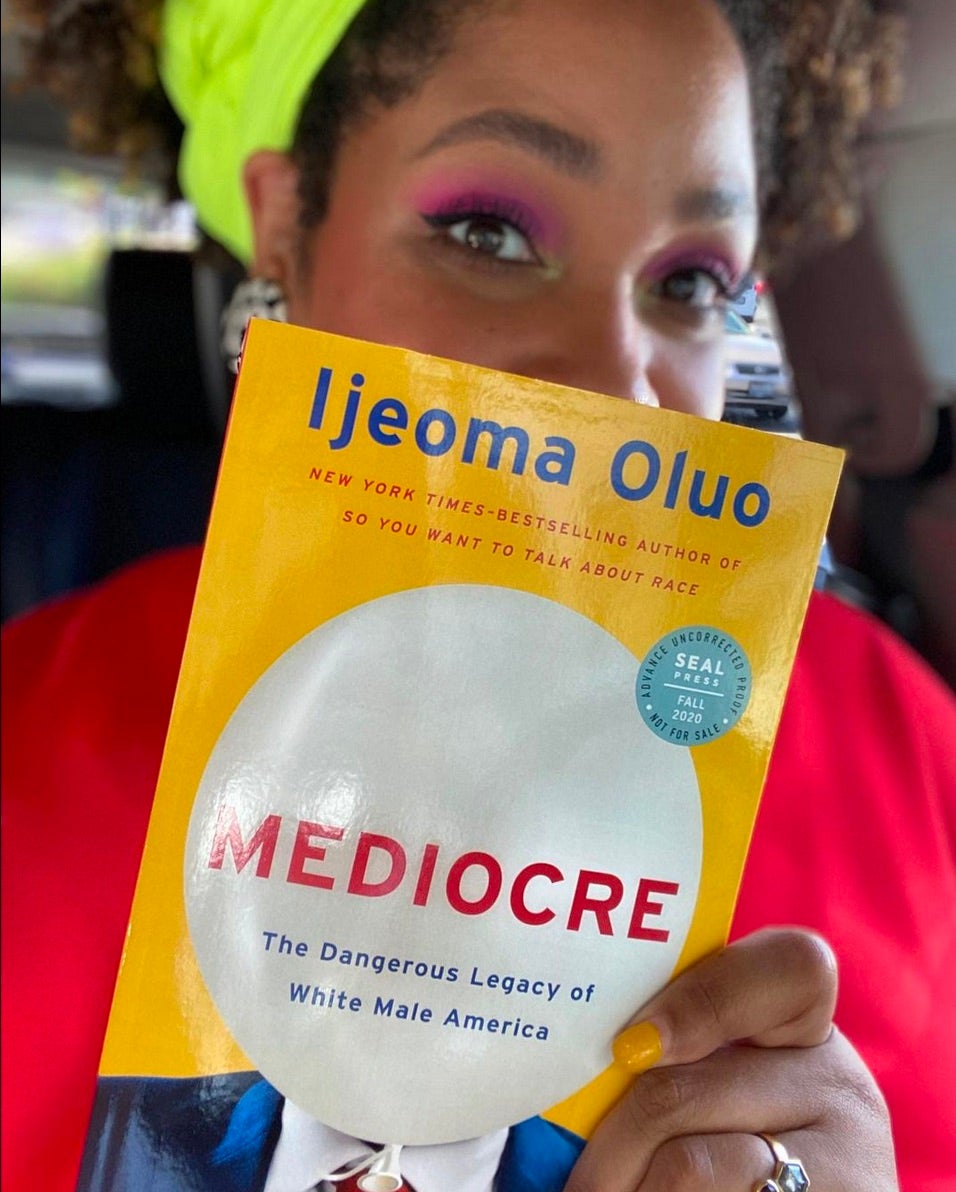
Ijeoma Oluo’s fascinating new book Mediocre: The Dangerous Legacy of White Male America has a title that is pretty self explanatory.
“Give me the confidence of a mediocre white man” (coined by Sarah Hagi), is a well-known phrase on social media, but Oluo takes a deep dive into why the mediocrity of white men has been so detrimental to anyone in America who does not fit those two specific demographic categories. Going well beyond the cutesy online memes, Oluo meticulously draws a direct correlation between historic and modern day similarities that highlight moments where white male mediocrity has been assumed synonymous with excellence.
Oluo chatted with ESSENCE about the new book, how her career affects her family life, and why she keeps putting up the good fight.
There are so many interesting nuggets of history in your book. In your research for this project was there anything that particularly stood out to you?
I had so many questions in the beginning and the answers surprised me. For example, I didn’t know that one-third of the Mexican American population was forced out of the United States during the Great Depression and I was so sad I didn’t know that. There were times where I was looking things up and yelling out for my partner like “Honey, listen to this!”
Speaking of reaching out to your partner, how do you practice self-care with the weight of all of the topics you research?
I’m not always great at self-care, but I try to keep up my rituals that make me feel good, like my daily makeup routine. I’m lucky; I have a strong support system that includes my partner. If I didn’t have my kids, I probably would have been swallowed whole by this work. Kids don’t care what you have going on in your life or your work, they want snacks. The needs of a teenager and a pre-teen honestly help me get through it.
An entire chapter in your book is devoted to football and Black men’s health. Were you the least bit surprised that college football returned amidst a global pandemic?
Oh no, not at all. It’s so sad—the fact that they’re sacrificial. Even their brains have been sacrificial. For decades, we’ve known about these horrible problems with concussions and brain damage. My son is a college athlete (not football) and he went off and came back with COVID within a month. It’s been three months now and he still can’t laugh without coughing. It has affected his energy level and the way he breathes and talks. He’s an otherwise-healthy 19-year-old and the thought that people just tossed our babies into this is terrifying. I would be shocked if they were like, “Oh, we suddenly care about these young Black men,” because that would change the whole sport.

In terms of health and safety, what has it been like receiving backlash and threats because of your books?
It’s not about my actual words, it’s about my presence and my existence. We’ve been swatted in our home, we’ve had food tampered with at events, I’ve had my social security number leaked, and I’ve had to change my phone number several times. It’s a reminder that anytime you inconvenience white male supremacy as a Black woman, you can be a target even if you aren’t a “well-known” person.
Given such consequences, why do you continue with this work?
I want to put something out there to counter the damage that gaslighting does to populations of color. One of my biggest measures of success is to hear from other people, especially the Black women, saying, “I finally feel like what happens to me in my life is worth recording because I saw it in this book.” What keeps me going is that I want these systems to change. I want a better world for Black people, other people of color, and my children.
—
